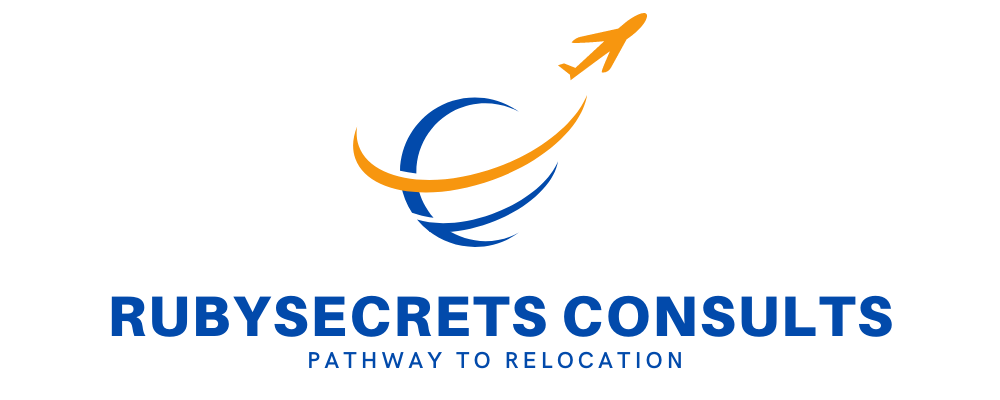
Thinking of studying abroad? Don’t overlook Europe—it’s more than world‑class education. A European study visa opens doors to meaningful work opportunities, financial support, cultural immersion, and future career prospects. From Germany to France, Ireland to the Netherlands—Europe is ready to welcome global minds like you. If you’re dreaming of international education that leads to real career outcomes, DM us now to start your visa process. Let’s help you choose the right country, course, and path for your future!
Why Choose a European Study Visa?
- Educational Excellence: Gain access to top-tier universities and programs across the EU and Schengen region.
- Work Rights as a Student: Most European countries allow non‑EU students to work part‑time during term time and full‑time during breaks. EU students generally have even more flexible work rights. (commission.europa.eu)
- Career & Financial Empowerment: Earn income while gaining international experience and networking within local industries.
Working While You Study: Country Highlights
| Country | Work Limits (Non‑EU Students) | Term-Time | Holiday Work |
|---|---|---|---|
| Germany | 120 full days / 240 half days | ≈ 20 hrs/week | Full-time allowed |
| France | 964 hrs/year (~18–20 hrs/wk) | Limited to student permit terms | Internships don’t count toward limit |
| Netherlands | Varies (~16 hrs/wk) | Part-time | Full-time in summer |
| Ireland | Up to 20 hrs/wk | 20 hrs/week | 40 hrs/week in breaks; post‑study visa up to 24 months |
| Sweden | No strict cap | Flexible | Breaks unlimited |
| Finland | Up to 25 hrs/week | 25 hrs/week | Full-time breaks |
| Austria | ~20 hrs/week | Part-time only | Full-time holidays |
| Switzerland | 15 hrs/week | Term-limited | Full-time after 6 months residence |
| Other EU | ≈20 hrs/week | Region-specific | Full-time breaks |
Tips to Balance Work and Academics
- Understand visa rules, some roles require specific permits, especially for non‑EU students.
- Prioritize academics, limit work hours to maintain your GPA.
- Use university career services, they’re great for finding internships, part-time jobs, and local placements.
- Know your country’s labor laws, and understand wage rules, taxation, and contracts.
How to Kick Off Your Study-and-Work Journey
- Check what your visa allows, review full guidelines for study and work within your host country.
- Apply early for long-stay or residence permits if your studies exceed 90 days.
- Use campus & local job boards, find roles that align with your education or interests.
- Plan schedules around classes and breaks, ensure you don’t exceed your legal hours.
- Track your work hours, stay compliant to avoid future visa issues.
- Explore post-graduation visas, like Germany’s job-seeker permit or Ireland’s Graduate Scheme.
Finally
A European study visa opens pathways to both education and real-world work experience. By understanding visa constraints, leveraging university help, and balancing priorities, you can pursue your degree and grow professionally—all while living in some of the world’s most dynamic cultures.
Found this helpful? Like, save, and share with someone planning their European study journey!
Want tailored advice? Book a consultation with us now to explore visa options, work rules, and top countries suited to your goals.

